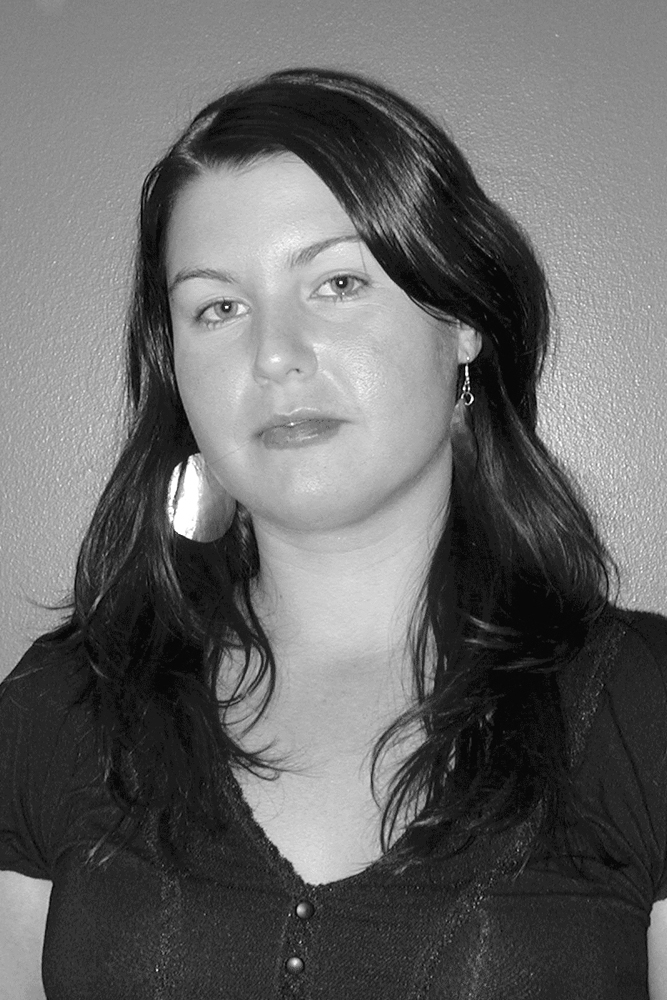
As the Cree Nation continues to grow, so too do the hopes and dreams of its young people.
Marie Eve Lachapelle-Bordeleau, 24, is a prime example. She recently passed the Quebec bar exam and is now hoping to help her own people.
“I decided to study law because I wanted to [eventually] work in Aboriginal law,” said Lachapelle-Bordeleau. “I want to work for my Nation.”
Although she grew up in Senneterre, her connection to her home community of Waswanipi has always been strong.
“My grandmother was living a real traditional life in the woods and at one point she was obligated to stop living that kind of life. She had to leave to live in a mixed world in Senneterre.” she said, adding that she was born around the time the Cree Nation was morphing into a less nomadic society and building communities.
“I don’t have a lot of contact with the people of Waswanipi, but my family still lives in the region.”
Her childhood was a mix of both worlds, with a Cree father and mother who is Québécoise.
“When you’re a kid you don’t realize what is traditional Cree and what’s not. I remember my father picking up small game. I loved being outside with him. I was raised in traditional Cree a little bit, but since we were in Senneterre, I was mostly raised in that way,” she said.
She realized at an early age that working for her people was a priority and she was going to do whatever it took to make it happen. “I want to work for my community and do something good. I figured becoming a lawyer and learning Aboriginal law would be a good thing for me.”
That notion was heightened even more when she was accepted by the Aboriginal People Abroad Program to visit the Pacific Island nation of Fiji. She worked with the locals for six months in 2005 for the project that is funded by the Canadian government.
“It was amazing,” she said. “I was working with an NGO called the Pacific Centre for Public Integrity as a legal advisor for transparency and good governance. It was such a great experience and it really helped me. “I was working with the Native people of Fiji and it made me miss my family. They had big issues about constitutional and ethnic issues in Fiji. I knew I wanted to continue it, but in Canada.
“When I got back, I said to myself that I had to do the bar exam and I had to work for my community, it was so important for me.”
There are many aspects in Fijian life that are similar to the Crees, she said, the most important of which is the sense of community.
She completed her Bachelors’ degree at Laval University in 2004 and went on to study law at the École du Barreau du Québec, where she graduated last June. After a six-month stage, she will be called to the bar and formally join the legal profession.
Getting to where she is today was an uphill struggle.
“It wasn’t easy at all, it was very difficult. For four months I couldn’t have a normal life. I studied six or seven days a week every evening. When I finished I was exhausted.”
“I had to make a lot of sacrifices,” she continued. “I had to move into a strange city for university, first of all. I was away from my family and friends and that was a big challenge for me. During those five years, I had to remind myself of my goals and my dream, because if I didn’t do that, I wouldn’t be here right now. At times I was almost crying and I wanted to quit and leave Quebec and leave the university. I was 22 or 23 and it was so hard sometimes to be away and alone. But I had a dream and it’s because of that that I didn’t quit.”
Despite the arduous schedule, Lachapelle-Bordeleau says it was all worth it.
“My mother helped me a lot. She wasn’t living in Quebec, but when I had a hard time studying, she was always there for me to tell me to do it and that it was worth it. My father was always there as well,” she said about her parents, whom she credits as her two role models.
Although she speaks little Cree, she is hoping to learn, especially if she ends up in one of the communities some day.
When asked what advice she would give to a young person interested in studying law, she replied, “Go for it. At the end you’ll have to make a lot of sacrifices, but it’s so worth it. Anything you do in your life, there will always be difficulties and you’ll always have to make sacrifices.”

